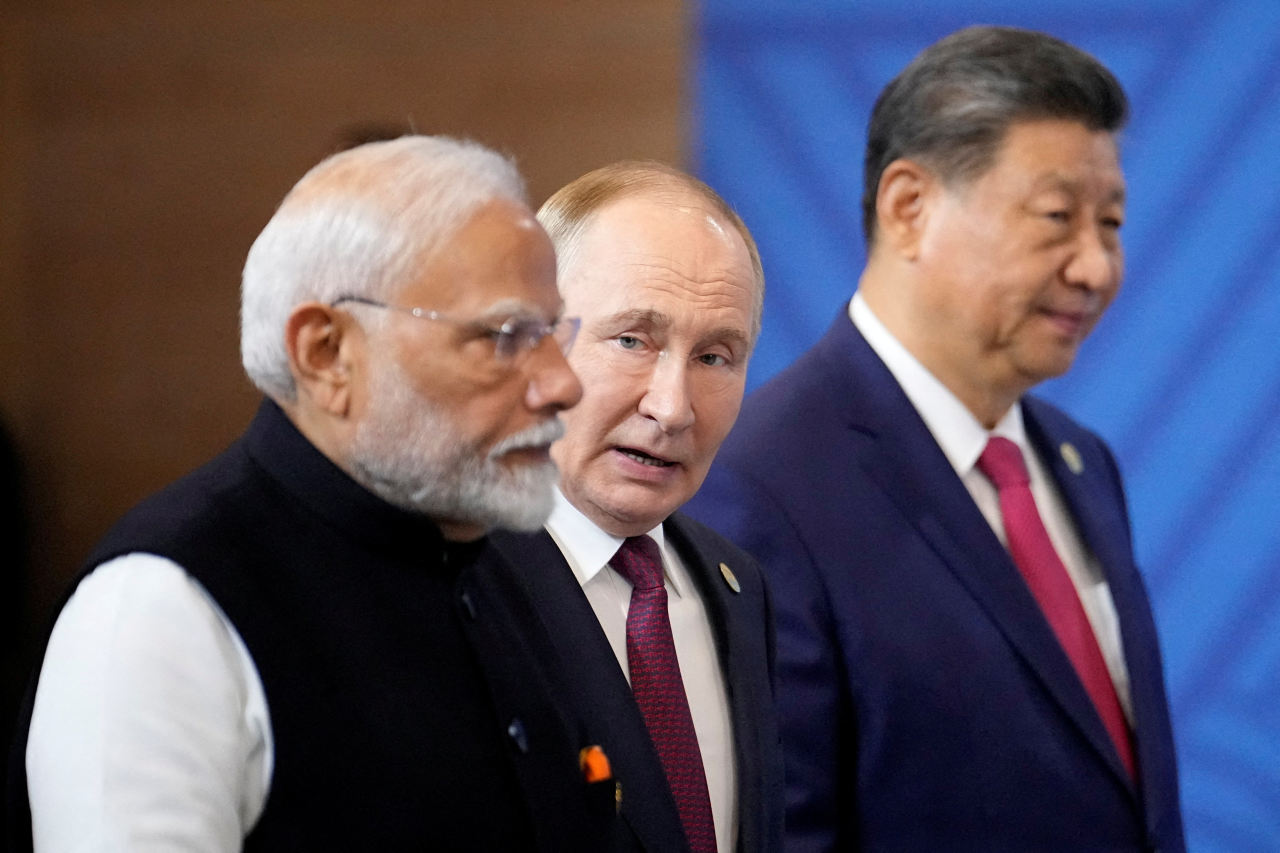This weekend, the leaders of three of the world’s four most powerful nations will gather in China on March 18, 2024, to discuss the implications of recent shifts in the international order initiated by U.S. President Donald Trump. The meeting, which will include Xi Jinping of China, Vladimir Putin of Russia, and Emmanuel Macron of France, aims to formulate a coordinated response to the evolving global dynamics resulting from U.S. policies.
Significance of the Meeting
The summit takes place against a backdrop of significant geopolitical tension. Trump’s administration has altered key diplomatic relationships and trade agreements, leading many nations to reevaluate their strategies on the world stage. This meeting marks a notable moment for global diplomacy, as three major powers seek to solidify their positions in response to U.S. actions.
China, as the host of this summit, is keen to position itself as a leader in the face of what it views as U.S. overreach. The gathering not only highlights China’s rising influence but also serves as a platform for the leaders to discuss collaborative approaches to pressing global challenges, including economic stability, climate change, and security concerns.
Expectations and Potential Outcomes
Analysts anticipate that the discussions will focus on several critical areas, including trade relations, military cooperation, and regional security. With the U.S. pursuing a more isolationist stance, the leaders may explore opportunities to strengthen their alliances, particularly in Asia and Europe.
“The world is changing dramatically, and this meeting is a pivotal moment for these leaders to align their strategies,” said Dr. Emily Chen, an international relations expert at Beijing University.
Furthermore, the summit presents an opportunity for these leaders to address mutual concerns, such as the ongoing tensions in the South China Sea and the implications of sanctions and tariffs currently in place among various nations.
As the summit approaches, the international community is closely monitoring developments. The outcomes could reshape not only bilateral relations among the participants but also influence broader global policies. With Trump’s presidency characterized by unpredictability, how these leaders respond may set the tone for future international diplomacy.
In summary, this gathering of global leaders in China signifies a critical juncture in international relations, as they seek to navigate the challenges posed by U.S. policies and reaffirm their respective roles on the world stage. The discussions will likely have lasting implications for global governance and international cooperation.





































































